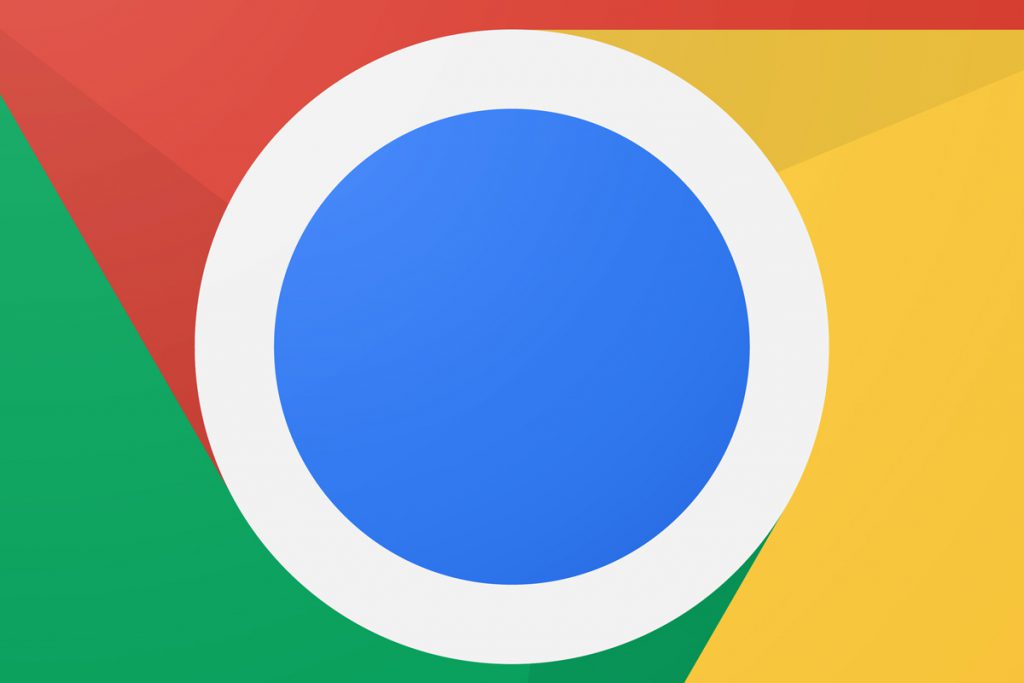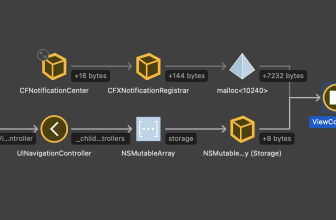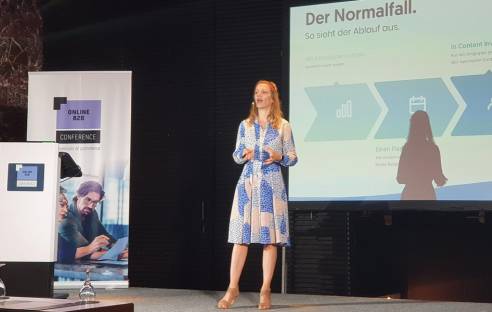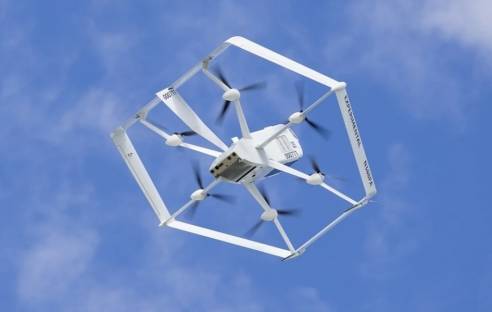Google’s Chrome OS is far, far more than just a cloud-based operating system and it’s getting more and more over the years. […]
It’s been over 10 years since Chrome OS redefined the desktop operating system. While virtual desktops have been around since the days when we used VT-102 terminals to run Unix shells from remote mainframes and minicomputers, Google’s Chrome OS has shown us that we can run modern GUI-style desktops from the cloud.
This part is still important. I’ve been watching the desktop move from the PC to the cloud for a decade now. But, Chrome OS also has the unique feature of integrating other operating systems into its offering. This was recently underlined on Google I/O’s Chrome OS keynote.
Much of what Google’s people had to say was impressive, but not surprising. Could it surprise anyone that IDC, thanks to the coronavirus pandemic and the increase in working and learning from home, reports that Chromebook sales increased by 92% in 2020? I don’t think so.
Would you be shocked to learn that Chromebook sales aren’t slowing down in the slightest? It wasn’t me. In fact, they are accelerating. According to sales data analyst Canalys, Chromebook sales grew 275% in the first quarter alone compared to the first quarter of 2020.
There are all sorts of reasons for this. Chromebooks are cheap, easy to secure, and unlike Windows, where every new patch Tuesday is an adventure, the Chrome OS updates are constantly clicking with you without you having to worry.
Another reason is that Chrome OS support for other operating systems is getting stronger and better. I’ve been running Android, Linux, and even Windows applications for years thanks to Crossover Chrome OS.
And guess what? Support for these alternatives will only get better.
First: finally Linux on Chromebooks is leaving the beta phase. This will be introduced with the next major Chrome OS update, version 91, to be released today. You will be happy to see that – if you update Chrome OS this time – your Linux virtual machine (VM) will be updated with instead of requiring an additional update.
You can expect improvements in stability, update speed, USB support, an improved terminal app, network port forwarding, and overall better performance. In particular, I expect better GPU acceleration.
This is important, because the rumor mill is rumored that the Linux built into Chromebooks will get better support for Steam games. The story goes that this combines Vulkan’s 3D graphics Application Programming Interface (API) with Steam’s Proton, its toolkit to make playing Windows games transparent on Linux, to make Chromebooks a gaming machine. I can’t wait to blow people’s minds by playing Fornite competitively on my Pixelbook Go.
Or, if you’re really serious about gaming on Chrome OS, keep your eyes peeled for the next generation of Chromebooks. Nvidia and MediaTek are working to bring RTX graphics to Chromebooks.
Android applications also get a new coat of paint on Chromebooks. This is partly because the use of Android apps has increased threefold in the last year.
To encourage developers to customize Android apps on Chromebooks for this audience, Google is releasing a new VM container (ARCVM) that supports Android 11. Google is also improving its Chrome OS Android Software Development Kits (SDKs) and tools to make it easier for developers to port their applications to the Chromebook’s larger screens and take advantage of the keyboard and touchpad. (The real-time development platform Unity, used by many game programmers, builds Chrome OS support into your Android development environment as a build target).
Taking all of this together, Chrome OS becomes a hybrid desktop operating system. While it will continue to be the pioneer for cloud-based desktop-as-a-Service (DaaS), it will also be a traditional desktop and even, dare I say it, a popular gaming platform.
Who saw this coming? Not me!
* Steven J. Vaughan-Nichols writes about technology and the business with technology, since CP / M-80 was the most advanced PC operating system, 300bps a fast Internet connection, WordStar the most advanced word processor, and we liked it!














